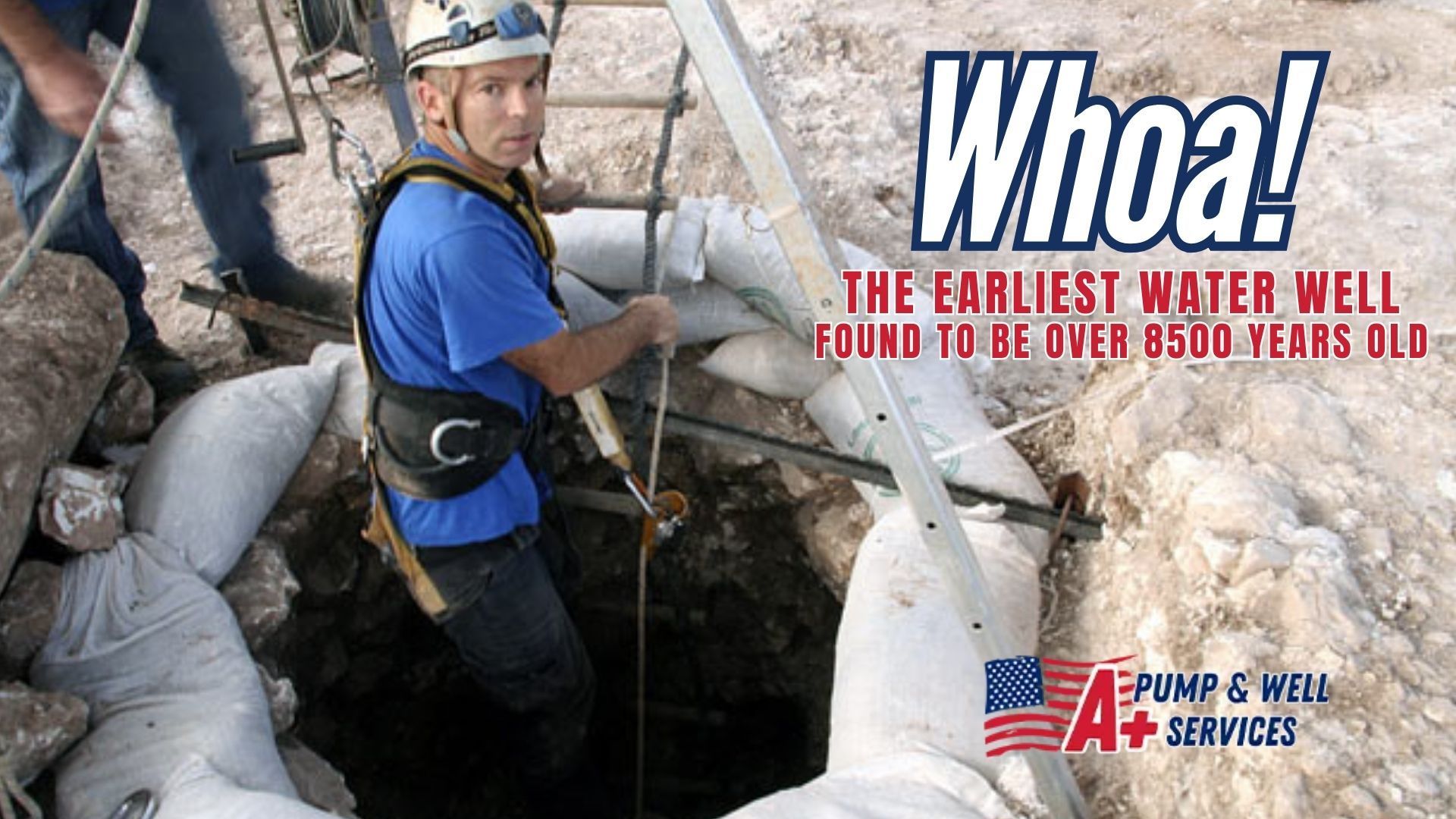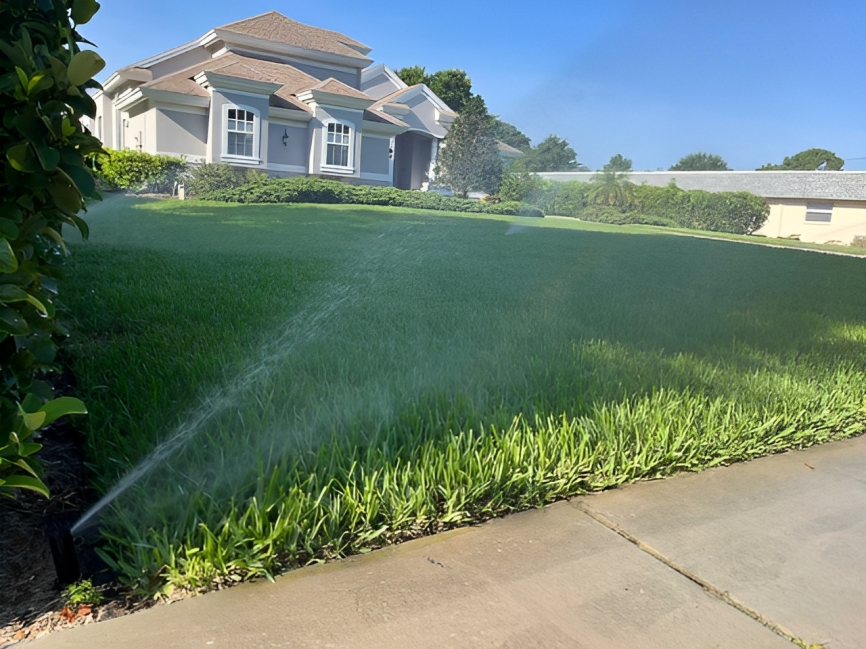The History of Water Wells: A Journey Through Time

Water wells are one of humanity’s most significant inventions, providing access to the earth’s most vital resource—water. From ancient hand-dug wells to today’s modern drilling techniques, the history of water wells is a fascinating journey that highlights human innovation, resilience, and our unbreakable connection to water.
Let’s explore the evolution of water wells and their enduring importance through the ages.
The Earliest Water Wells: Over 8,500 Years Ago
The earliest known water wells date back over 8,500 years to the Neolithic period. One remarkable example is the well discovered atAtlit Yam, a submerged Neolithic village off the coast of Israel. This stone-lined well provided water for a community engaged in early agriculture, supporting crops, livestock, and daily needs.
Another ancient well, found in Cyprus, is believed to be approximately 10,000 years old. These early wells were dug using basic tools and lined with stones or timber to prevent collapse, demonstrating advanced ingenuity for the time.
Wells in Ancient Civilizations
As civilizations advanced, so did their water management techniques. Wells became an integral part of life, especially in regions where surface water was scarce.
- Mesopotamia (4,000–2,500 BCE): The Mesopotamians dug wells to irrigate their crops, relying on the Tigris and Euphrates rivers. They often used simple pulley systems to lift water.
- Ancient Egypt (3,000 BCE): Wells supported agriculture along the Nile River, particularly during dry seasons. The shaduf, a hand-operated device for lifting water, was a common tool.
- Indus Valley Civilization (2,500 BCE): This civilization, known for its advanced urban planning, incorporated wells into their cities, providing residents with easy access to water.
Medieval Wells and Innovations
During the medieval period, wells became more sophisticated. Communities often dug deeper to reach more reliable water sources, using new tools and techniques to improve efficiency.
- Europe: Castles and fortified towns often included deep wells to ensure a water supply during sieges. These wells were dug by hand, sometimes taking years to complete.
- Islamic Golden Age: Scholars and engineers developed advanced water-lifting technologies, including the use of gears and animal-powered systems, to access deeper water sources.
The Rise of Modern Wells
The Industrial Revolution brought significant advancements to well construction and water access. Drilling technology replaced manual digging, enabling wells to reach much deeper aquifers. This era also saw the development of pumps, which made extracting water more efficient.
- Hand Pumps (19th Century): Hand-operated pumps became common in rural areas, making it easier to draw water from shallow wells.
- Deep Drilling (20th Century): Innovations in drilling technology allowed wells to reach hundreds of feet below the surface, tapping into deep aquifers that could sustain growing populations and agriculture.
Water Wells in Today’s World
Modern wells are a testament to centuries of progress. Using advanced machinery, wells today can be drilled quickly and efficiently, reaching depths unimaginable to our ancestors. Key innovations include:
- Submersible Pumps: These pumps operate underwater, providing efficient and reliable water extraction.
- Well Linings and Casings: Modern materials like PVC and steel protect wells from contamination and collapse.
- Water Testing and Filtration: Technology allows for regular testing and filtration systems, ensuring clean and safe water for consumption.
The Importance of Water Wells Today
Water wells continue to play a critical role in providing water for billions of people worldwide. In rural areas, private wells are often the primary source of drinking water. Wells also support agriculture, industry, and emergency water supplies during droughts or natural disasters.
As water becomes an increasingly precious resource, sustainable well management and advanced drilling technologies will ensure access to clean water for future generations.
A Testament to Human Ingenuity
The history of water wells is a testament to human ingenuity and adaptability. From ancient hand-dug wells to today’s sophisticated drilling systems, wells have been a cornerstone of survival and progress. Their story reminds us of our deep connection to water and the enduring need for sustainable water management.
If you’re considering installing or maintaining a well, contact A+ Pump and Well Services. With our expertise, we’ll help you tap into this timeless resource and ensure a reliable water supply for your home or business.










